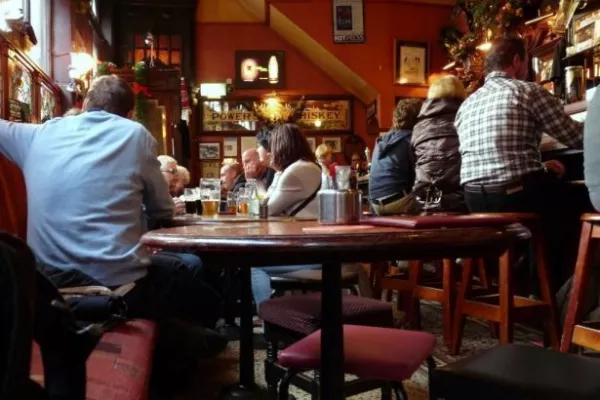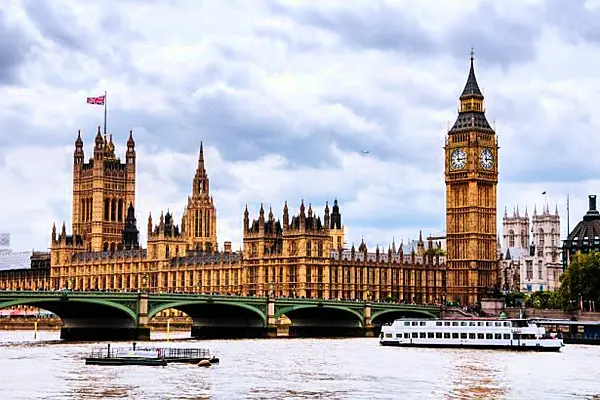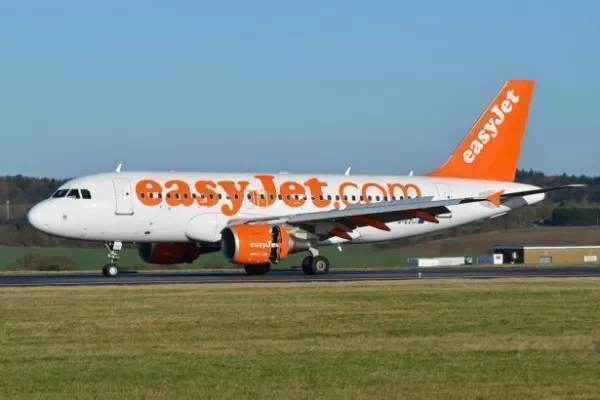JD Wetherspoon Chairman Tim Martin (pictured) said UK Chancellor of the Exchequer Philip Hammond’s budget endangers the country’s pub industry by taxing it too much relative to supermarkets.
Wetherspoon’s tax bill will rise by about £20 million next year, driven by £7 million increases to both business rates - a levy on commercial property - and excise taxes, Martin said. The Chairman said the higher burden on pubs relative to retail outlets allows stores to undercut bar prices.
“In effect, this was a budget for dinner parties, no doubt the preference of the chancellor and his predecessor,” Martin said in a phone interview. “They simply can’t relate to the idea that people want to go out and have a pint.”
Shares in the pub chain fell as much as 4.6 per cent after the company sounded caution over its prospects for the second half of the year due to higher costs.
After coming under pressure to provide relief to pubs and shopkeepers that were braced for an increase in business rates, Hammond pledged a tax discount of 1,000 pounds for pubs on Wednesday. Martin said Wetherspoon and other large pub owners will be ineligible because of rules against state aid to business.
Hammond also faces a revolt among some fellow Conservative Party members over his plan to increase taxes on self-employed people.
Mike Coupe, chief executive officer of J Sainsbury, disagrees with Martin’s stance that supermarkets are under-taxed. At an industry conference this week Coupe said Sainsbury is the UK’s sixth-biggest taxpayer.
The taxation system hurts the U.K.’s cafes and restaurants, endangering the future of British shopping districts and the economy as a whole, Martin said. Thirteen percent of British pubs have disappeared over the past decade. Rising house prices have also encouraged developers to convert an increasing number of pubs into homes.
“Far too many pubs will close down and it will hut the economy,” Martin said.
Liberal Immigration
Martin - who last year distributed pro-Brexit beer mats across Wetherspoon’s pubs - called on the government to establish a liberal immigration policy with the European Union after leaving the bloc, similar to that which existed between the U.K. and Ireland before they joined.
“We need continued immigration to have a successful economy,” he said. “EU citizens should require some type of visa, but if people can get a job here, they should be allowed to come here.”
Wetherspoon reported a nine per cent increase in first-half underlying pretax profit to £39.9 million. The shares were down 3.2 percent to 934.5 pence at 9:22 a.m. in London, trimming this year’s gain to 5.2 percent.









